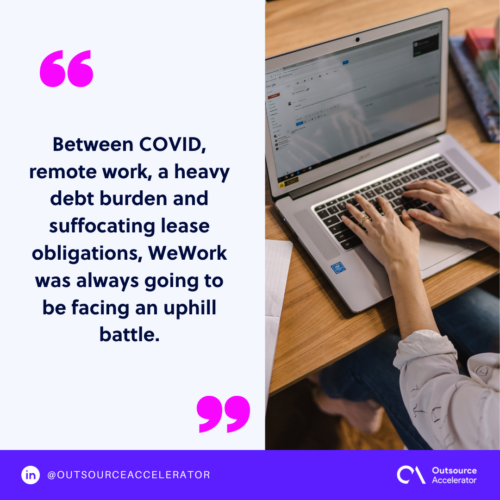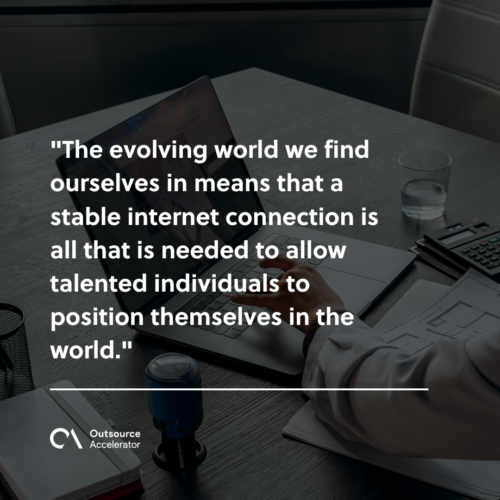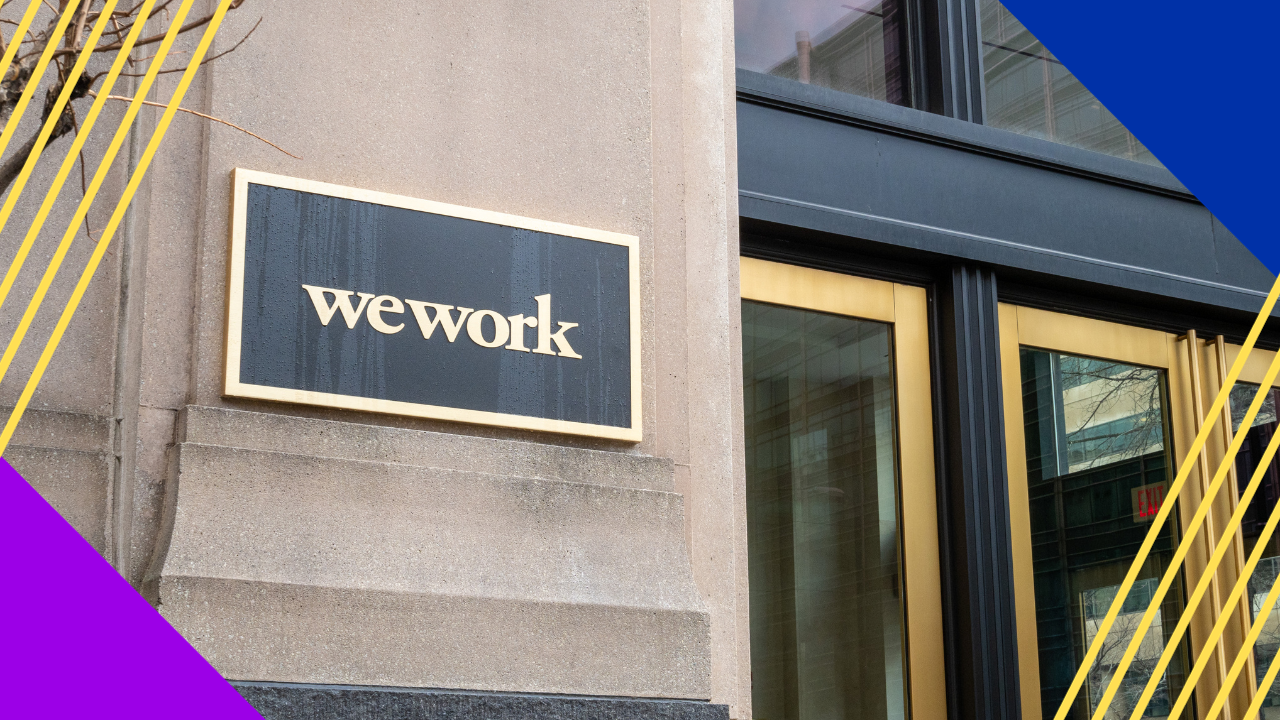Why WeWork failed
Was WeWork doomed from the start?
Maybe the idea of shared coworking spaces in glitzy overpriced skyscrapers was a pipe dream.
Was it a business model anchored to an antiquated way of thinking? “The office” is so 80’s. Or, was it prescient of a new future where offices and locations need to be distributed, friendly, and flexible?
What exactly went wrong, and what could they have done differently?
The global firm thinking local
Between COVID, remote work, a heavy debt burden and suffocating lease obligations, WeWork was always going to be facing an uphill battle.
But the pandemic wasn’t the first, or final, nail in the coffin.

Their main issue wasn’t the what, but the where.
By focusing mainly on the high-cost-of-living countries, and mature office markets, they were anchoring themselves to an expensive, saturated marketplace. And despite being global, they never really leveraged the real benefit of the global reach of their offices – enabling global employment.
Michelin meals in a fast food world
Looking at the numbers, it’s not hard to see why WeWork failed.
Commercial real estate in New York is around $760 per sq meter per year. Compared with a low-cost-of-living (LCOL) location like Manila, this figure drops to only $240 per year.
Since then, of course, the office market has collapsed with up to 30% of units sitting empty. Tenants are voting with their feet and deciding that they don’t want office tenancies – at any cost.
In good times, big rents are fine. But in tough times, people explore other options.
There was a time when companies needed to be in the thick of it in terms of their office location. But not anymore.
Getting connected
Education, training, and skills have all become democratized, decentralized, and distributed.
The evolving world we find ourselves in means that a stable internet connection is all that is needed to allow talented individuals to position themselves in the world.
And the next business revolution isn’t coming from New York, London, Singapore, or Silicon Valley. It’s coming from the parts of the world where exorbitant rental fees aren’t the order of the day. Manila. Mumbai. Nairobi. Tbilisi.

The ROI of innovation
In the recent age of excess, doing more with less seemed pointless, and futile. Blitzscaling – at all costs was celebrated – in spite of the cost (and efficacy). WeWork remains a shining example of this folly.
Now, in the new era of conservatism, margins, and profits, businesses are starting to respect the eloquence of doing more with less.
With the new superpower of distributed teams and global employment, lower costs of doing business no longer mean an organization is hamstrung by a lack of local workers eager to take their position at the global table.
For businesses embracing this new way of working, it’s not just about access to lower costs or a greater pool of international talent, it is about building more resilient products – within constraints.
Question for your business…
What lessons do you draw from WeWork’s demise?

 Independent
Independent





















